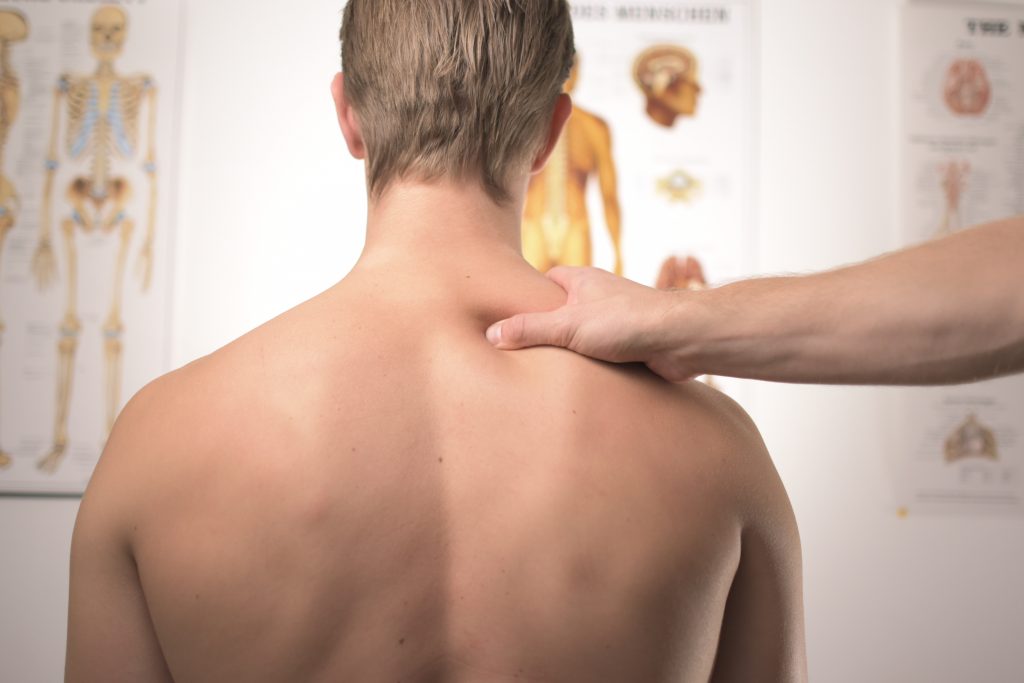Everything You Need to Know About Peripheral Neuropathy

The peripheral nervous system is a network of nerves that relay information between the body and the central nervous system. Peripheral neuropathy occurs when these nerves become damaged. As a result, messages cannot be properly relayed from the central nervous system to the rest of the body.
The Peripheral Nervous System
All the nerves located outside of the central nervous system (CNS) make up the peripheral nervous system (PNS). Its main function is to convey information between the CNS and the organs, skin, arms, and legs. Any stimuli experienced by the body is processed by the CNS and is then conveyed to the PNS. For example, when something hot is touched, the CNS tells the PNS how to react.
There are two different parts of the PNS. The autonomic nervous system (ANS) controls involuntary functions such as breathing. Within the ANS, there are two sub-parts. Perceived environmental threats are regulated by the sympathetic system. Maintaining normal function and achieving a resting rate following threat responses are done by the parasympathetic system.
The somatic nervous system (SNS) is the part of the PNS that relies on sensory and motor neurons to relay information between the PNS and CNS. Sensory neurons carry sensory information to the CNS. Motor neurons relay information from the CNS, providing a physical response. If something dangerously hot is touched, sensory neurons talk to the brain about the stimuli and the brain uses motor neurons to pull away the hand.
Symptoms of Peripheral Neuropathy
Sufferers can experience a variety of symptoms can experience a variety of symptoms depending on which nerves are affected. Common symptoms, however, can include numbness or tingling in the feet, hands, or upper sections of the limbs. A burning or pricking sensation is also common. Skin can be hypersensitive as well. Damage to autonomic nerves can cause bladder and digestive problems as well as blood pressure fluctuations.
Potential Causes
Peripheral neuropathy can have a wide range of causes. Acquired causes include vascular issues, injury, diabetes, and a variety of underlying conditions. These conditions include autoimmune diseases, kidney disorders, and hormonal imbalances.
In rare instances, genetics can be the cause. Some types of neurological disorders can lead to damage in the PNS. Hereditary Neuropathy with Liability to Pressure Palsies and Charcot-Marie Tooth Disease are two such disorders.
Diagnosing Peripheral Neuropathy
A doctor will rely on several tests to confirm peripheral neuropathy. Physical examination and blood testing are done to look for conditions that might be responsible for neuropathy. Electromyography measures the response rate of muscles while a nerve conduction velocity test measures the nerve relay speed and strength. Imaging tests, such as CT scans and MRIs, can be used to determine if there are problems with compressed nerves.
Treatment Options
Available treatments will depend largely on the type of nerve that is damaged, and the severity of symptoms experienced. Taking care of any underlying conditions may reduce or eliminate symptoms. Braces and splints can be used to alleviate motor symptoms and provide support to injuries. Medications can be recommended to treat chronic pain. Pinched or compressed nerves may be addressed with surgery. For some sufferers, relief can be experienced with nerve stimulation via laser therapy.
Preventing Peripheral Neuropathy
Any efforts to reduce injury risks will be the best prevention efforts. Avoid unnecessary splinting or casting. If an underlying condition is the cause, follow your treatment plan to help reduce neuropathy risks. In certain cases, such as diabetes, peripheral neuropathy may be unavoidable, but the progression of damage can be slowed by properly managing the condition.
There are some cases of peripheral neuropathy that heal, and symptoms cease completely. The doctor can determine if damage is permanent or if nerve damage can heal with assistance. If any neuropathy symptoms are experienced, it is important to seek medical attention. Nerve damage can progressively become worse if left untreated.

















